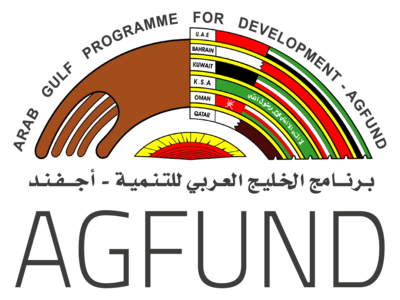The Green Climate Fund (GCF) is a critical component of the global climate finance architecture, established under the United Nations Framework Convention on Climate Change (UNFCCC). Its mission is to assist developing countries in reducing greenhouse gas emissions and adapting to climate change’s impacts. The GCF funds projects and programs that promote low-emission and climate-resilient development, focusing on sustainability and innovation.
The GCF provides funding through grants, loans, equity, and guarantees. Funding amounts vary depending on the project’s scope and needs. The GCF accepts proposals on a rolling basis, but specific funding windows and deadlines may apply for certain programs. Proposals are reviewed during specific board meetings, so submitting applications well in advance is advisable.
Eligibility
- Applicants must be accredited entities, such as governments, NGOs, or international organizations, capable of implementing climate projects.
- Projects must align with the GCF’s investment criteria, including impact potential, sustainability, and innovation.
- Proposals should demonstrate a clear contribution to climate change mitigation or adaptation.
- Priority is given to projects in countries that are particularly vulnerable to climate change, such as Small Island Developing States (SIDS) and Least Developed Countries (LDCs).
Investment Amount
Smaller grants for capacity building and project preparation.
Small-scale projects: Up to $10 million.
Medium to large-scale projects: From $10 million to $250 million.
Target
Governments, NGOs, and private sector entities implementing climate-related projects in developing countries, particularly those most vulnerable to climate change.
Focus Areas
Projects focused on mitigation (reducing emissions) and adaptation (building resilience to climate impacts).

